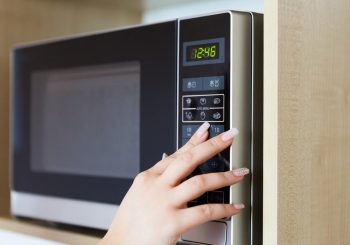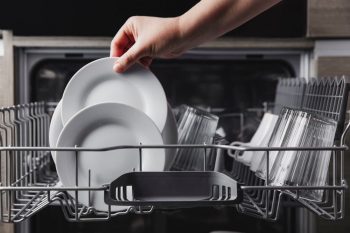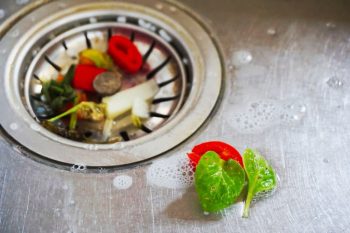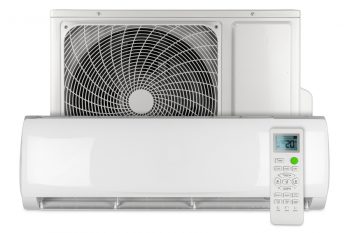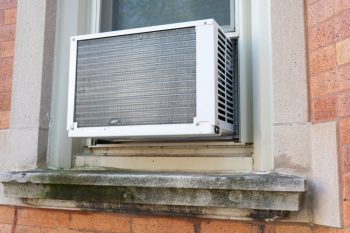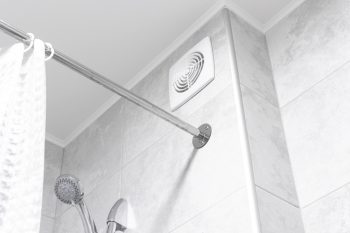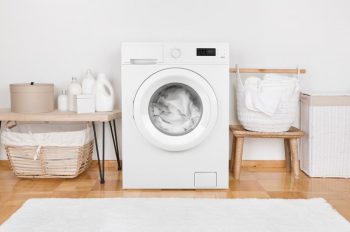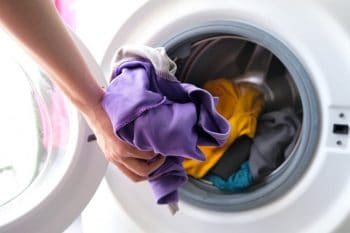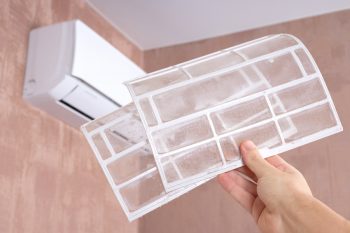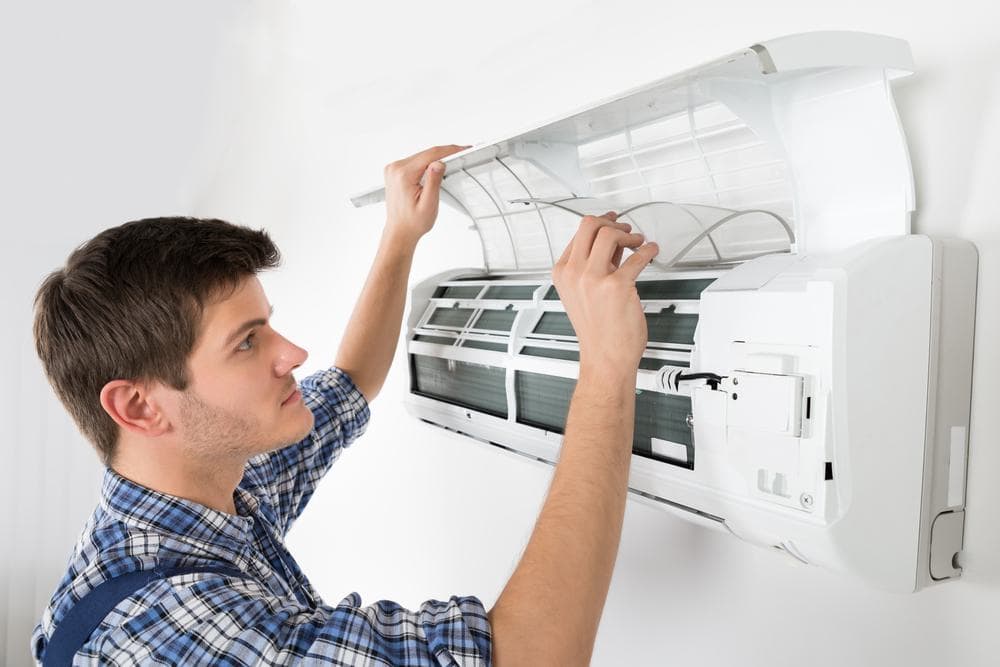
Air conditioning (AC) units are essential for maintaining a comfortable living environment, especially during the hot summer months. But how long should you expect to wait before your AC kicks in and starts cooling your home? This article will delve into the factors that influence the time it takes for an AC unit to kick in and provide solutions for common problems that may prolong this process.
Under ideal conditions, an air conditioning (AC) unit should take about 15-20 minutes to complete its cycle and start cooling your home. However, this time can vary based on factors such as the size of the AC unit, outdoor temperatures, thermostat settings, the state of the AC unit, air duct conditions, and the unit’s SEER rating. If your AC is taking significantly longer to kick in, there may be underlying issues that need to be addressed.
Understanding the Standard Cooling Time
Under ideal conditions, an AC unit should complete its cycle in about 15-20 minutes. This cycle may occur a couple of times within an hour, depending on the outdoor temperature, thermostat settings, and size of the space that needs cooling. However, this time can vary. For example, on particularly hot or humid days, your AC unit may need to run longer cycles to maintain a comfortable indoor temperature.
Factors Influencing AC Kick-in Time
Several factors can affect how long it takes for your AC unit to kick in and start cooling your home:
- Size of the AC Unit: An AC unit that is too big for your space could cool the area too quickly, leading to short cycling and excessive wear and tear on the system. Conversely, a unit that is too small may struggle to cool the area effectively, leading to longer run times.
- Outdoor Temperatures: During periods of high outdoor temperatures, your AC unit needs to work harder to cool your home, which can result in longer kick-in times.
- Thermostat Settings: If your thermostat is set at a very low temperature, your AC unit will need to run longer cycles to reach this temperature. This could put a strain on your AC unit and increase energy consumption.
- State of the AC Unit: Regular maintenance of your AC unit can ensure it runs more efficiently and starts up more quickly. If your unit is not maintained properly, its efficiency may drop, leading to longer kick-in times.
- Air Duct Conditions: If your air ducts are dirty, blocked, or in poor repair, your AC won’t be able to properly distribute cool air, which can increase the time it takes for your AC to kick in.
- SEER Rating: The Seasonal Energy Efficiency Ratio (SEER) rating of your AC unit also affects its efficiency. Higher SEER ratings indicate more energy-efficient units.
Common AC Problems and Fixes
If your AC unit is taking too long to kick in, there could be several issues at play:
- Dirty Air Filter: A clogged air filter restricts airflow, causing the AC to run longer to cool your home. Replace the dirty filter with a new one.
- Dirty Condenser or Evaporator Coil: Dirty coils can slow down the cooling process, making it harder for the refrigerant to absorb or release heat. Professional cleaning of the coils may be necessary.
- Refrigerant Leak: A leak in the copper lines or coils can cause your AC to lose refrigerant, reducing its ability to absorb and release heat. A professional should inspect and repair the leak and refill your system with the correct amount of refrigerant.
- Leaky Ducts: Leaky ducts can cause weak airflow or make it harder for your AC to pull in sufficient air to be cooled. An HVAC specialist can inspect and seal or replace your ductwork.
- Old AC Unit: An aging air conditioner may lose efficiency and take longer to cool your home. Consider replacing the unit if it’s past its 15th birthday.
- Improper Thermostat Settings: Ensure that the correct schedule is programmed on your thermostat to maintain a comfortable temperature.
If you’re unsure about the cause of the issue or how to fix it, it’s best to consult a professional HVAC technician for assistance.
When to Contact a Professional
If your AC unit is taking longer than 20 minutes to cool your home, or you notice issues such as short cycling, hot air coming from vents, high indoor humidity, foul odors, water leaks, or unusually high energy bills, it is recommended to call a professional HVAC technician. They can diagnose and repair the problem, as well as perform regular maintenance to ensure your AC unit runs efficiently and lasts longer.
In conclusion, while the time it takes for your AC to kick in can vary, understanding the factors that influence this can help you ensure your system is running efficiently. Regular maintenance and inspections can help prevent common AC problems and extend the life of your unit. If you’re experiencing issues with your AC unit, don’t hesitate to consult a professional to keep your home cool and comfortable.
Frequently Asked Questions
What is short cycling in the context of an AC unit?
Short cycling is when an AC unit turns on and off in quick successions, which is usually due to an oversized AC unit for the space it is cooling. This can lead to excessive wear and tear on the system, increased energy consumption, and a less comfortable indoor environment.
How often should I change my AC air filter?
It’s generally recommended to change your AC air filter every 30 to 60 days, but this can vary depending on factors such as the type of filter, the size of your home, whether you have pets, and the current air quality. If your AC is running constantly because of hot weather, you may need to change the filter more often.
What is the ideal thermostat setting for my AC unit to run efficiently?
The U.S. Department of Energy recommends setting your thermostat to 78°F (26°C) when you are home and need cooling. However, the ideal setting can vary depending on your personal comfort and the specific conditions in your home.
What is a SEER rating and how does it affect my AC unit’s performance?
SEER stands for Seasonal Energy Efficiency Ratio. It’s a measure of an AC unit’s energy efficiency over a cooling season. A higher SEER rating indicates a more energy-efficient unit, which can lead to lower energy costs. However, a unit with a high SEER rating may also have a higher upfront cost.
How can I tell if my AC unit is too big or too small for my space?
If your AC unit is too big, it may cool your space quickly but turn off before properly dehumidifying the air, leading to short cycling. If it’s too small, it may struggle to cool your space and run continuously, leading to higher energy bills and reduced lifespan of the unit. A professional HVAC technician can perform a load calculation to determine the right size unit for your space.

